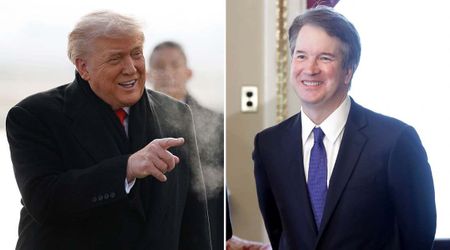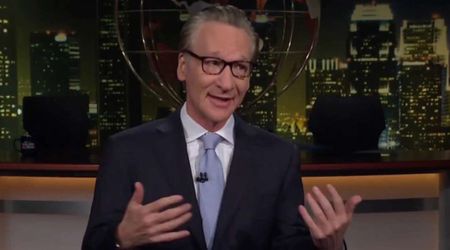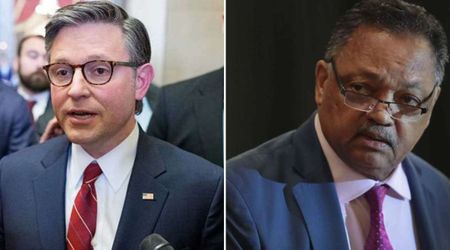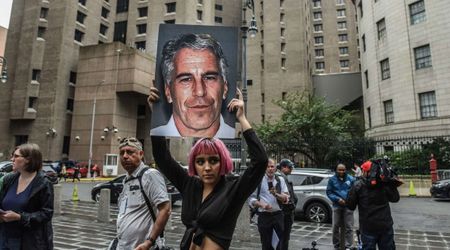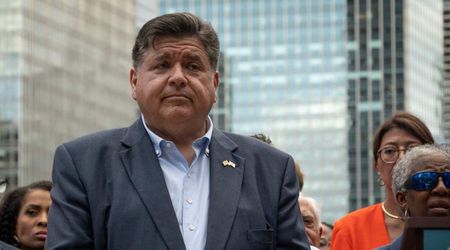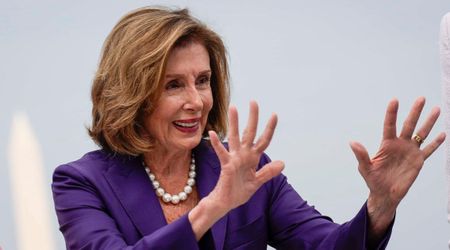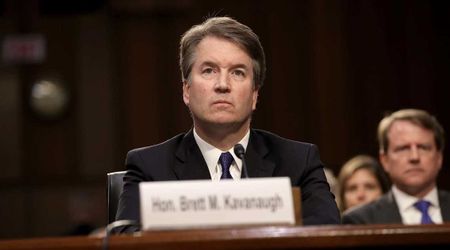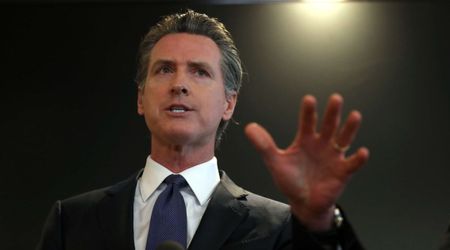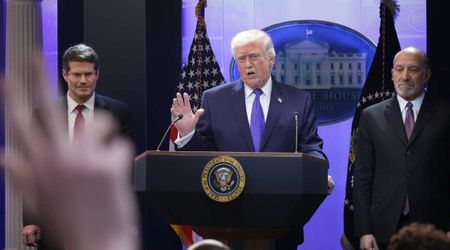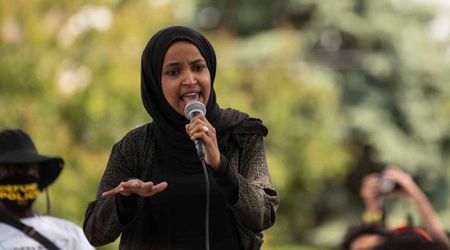Trump special envoy Steve Witkoff slammed for misunderstanding Putin’s plan for Ukraine peace: Reports
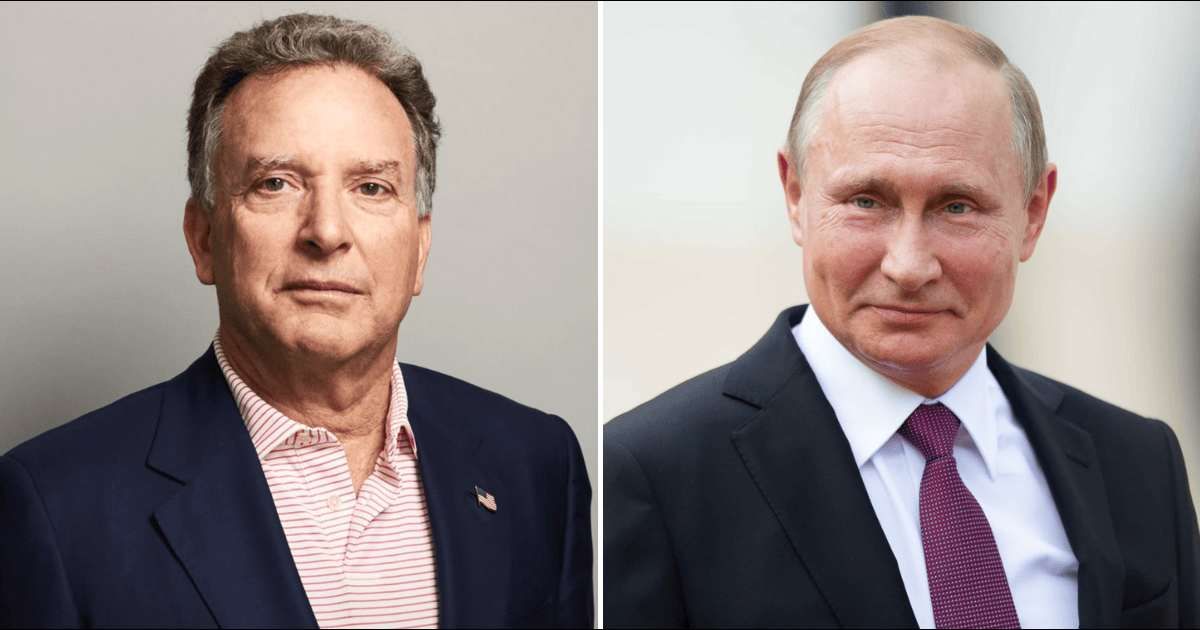
WASHINGTON, DC: European leaders are raising concerns that Donald Trump’s special envoy, Steve Witkoff, may have "misunderstood" key conditions laid out by Vladimir Putin to end Russia’s war in Ukraine.
The concerns follow a three-hour meeting between Witkoff and Putin at the Kremlin last Wednesday, August 6, which sparked a series of events culminating in Trump announcing plans for a one-on-one meeting with the Russian leader in Alaska.
Steve Witkoff misunderstood Putin's statements and took them for a concession. For example, he interpreted Russia's required "peaceful withdrawal" of Ukrainians from Kherson and Zaporizhzhia as an offer of a "peaceful withdrawal" of Russians from these same regions, reported by… pic.twitter.com/faZN6yO7Tm
— Republicans against Trump (@RpsAgainstTrump) August 10, 2025
What did Steve Witkoff say about his discussions with Moscow?

During his 2024 presidential campaign, Trump promised to end the war in Ukraine within 24 hours of taking office, a pledge he has not fulfilled.
In a renewed push to mediate peace, Witkoff traveled to Moscow for a three-hour meeting with Putin, his fifth visit in his role as Trump’s envoy.
After the meeting, Witkoff, a real estate associate of Trump, briefed European officials on what he claimed were Putin’s ceasefire conditions. According to The Wall Street Journal, which cited unknown sources, Witkoff initially stated that Russia was willing to withdraw from the southern regions of Zaporizhzhia and Kherson in exchange for full control over Donetsk Oblast.
However, the following day, he reportedly gave a different version, claiming Putin would agree to withdraw and freeze the current front lines. In a third account, Witkoff allegedly said Putin wanted Ukraine to withdraw from Donetsk in return for a ceasefire.
What have critics said about Steve Witkoff’s meeting with Russia?

Several European officials now suspect that Witkoff may have "misunderstood", or failed to fully grasp, crucial parts of Vladimir Putin’s proposal during their recent talks.
According to reporting from German outlet BILD, some believe that Putin referred to a "peaceful withdrawal" from the contested regions of Kherson and Zaporizhzhia. Witkoff reportedly interpreted this as Russia agreeing to pull its troops out of those areas.
However, officials believe Putin actually meant that Ukrainian forces should withdraw from the territories—areas that Russia has been trying to annex throughout the war.
“He doesn’t know what he’s talking about,” a frustrated Ukrainian government official told BILD, referring to Witkoff.
Zelensky left out of upcoming Trump-Putin summit
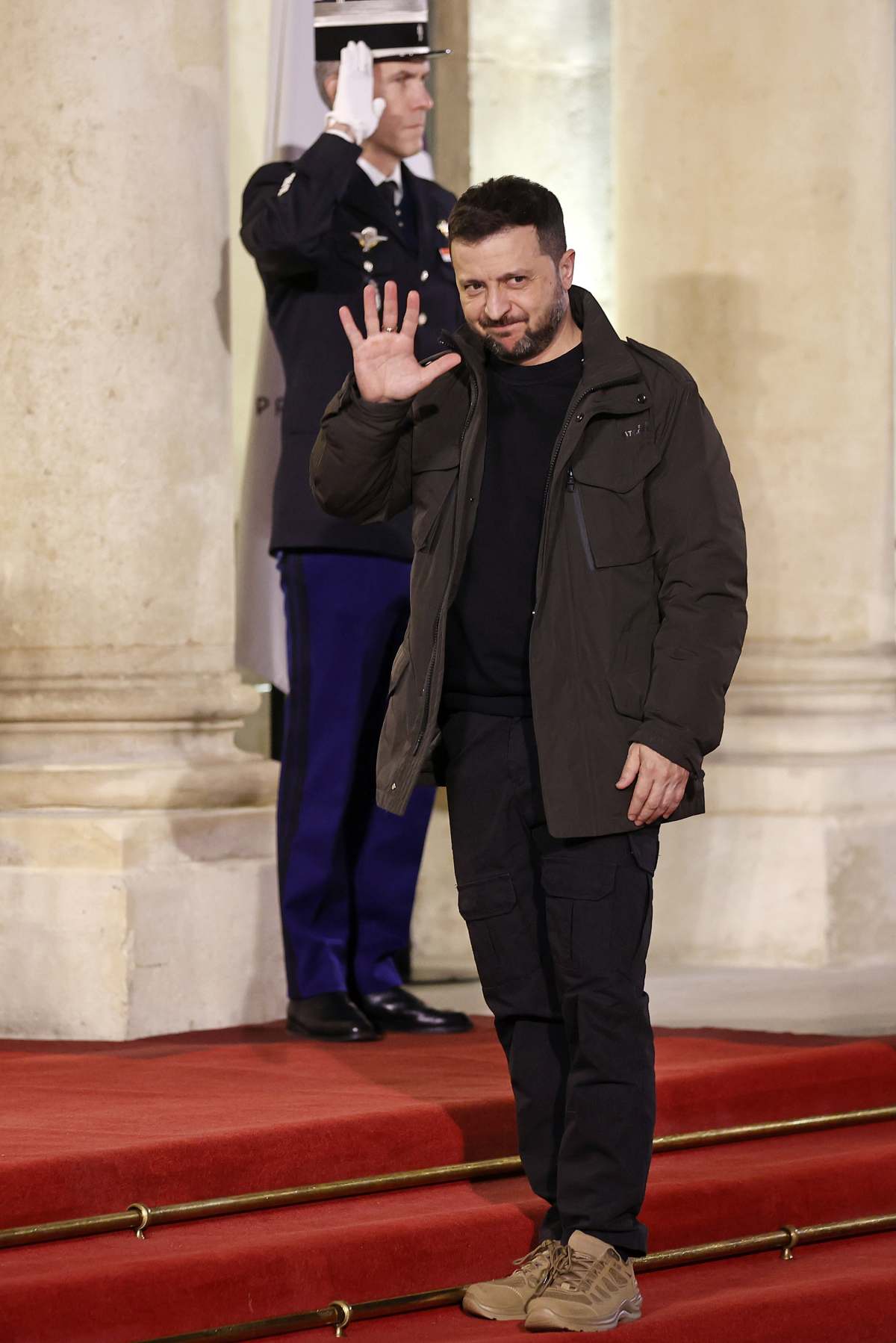
On Saturday, August 9, Ukrainian President Volodymyr Zelensky firmly stated that Ukraine would not surrender any territory to Russia in exchange for peace. However, he expressed a willingness to collaborate with Trump to achieve a genuine and lasting resolution to the war.
Amid growing confusion over recent diplomatic efforts, Zelensky issued a warning on social media last week, “Any decisions made against us, any decisions made without Ukraine, are at the same time decisions against peace.”
Meanwhile, Trump reportedly set a deadline for Putin, demanding that the Russian president take concrete steps toward peace with Ukraine. If Putin failed to act, Trump threatened to impose secondary sanctions or tariffs targeting countries that continue to import Russian oil.
Senior administration officials confirmed on Saturday, August 9, that the White House is seriously weighing the option of inviting Zelensky to attend Trump’s upcoming summit with Russian President Vladimir Putin in Alaska. The high-stakes meeting, set for Friday, August 15, is intended to negotiate a ceasefire in the ongoing Russia-Ukraine conflict and would represent the first in-person discussion between Trump and Putin since 2019.
Tensions ahead of Trump-Putin Summit
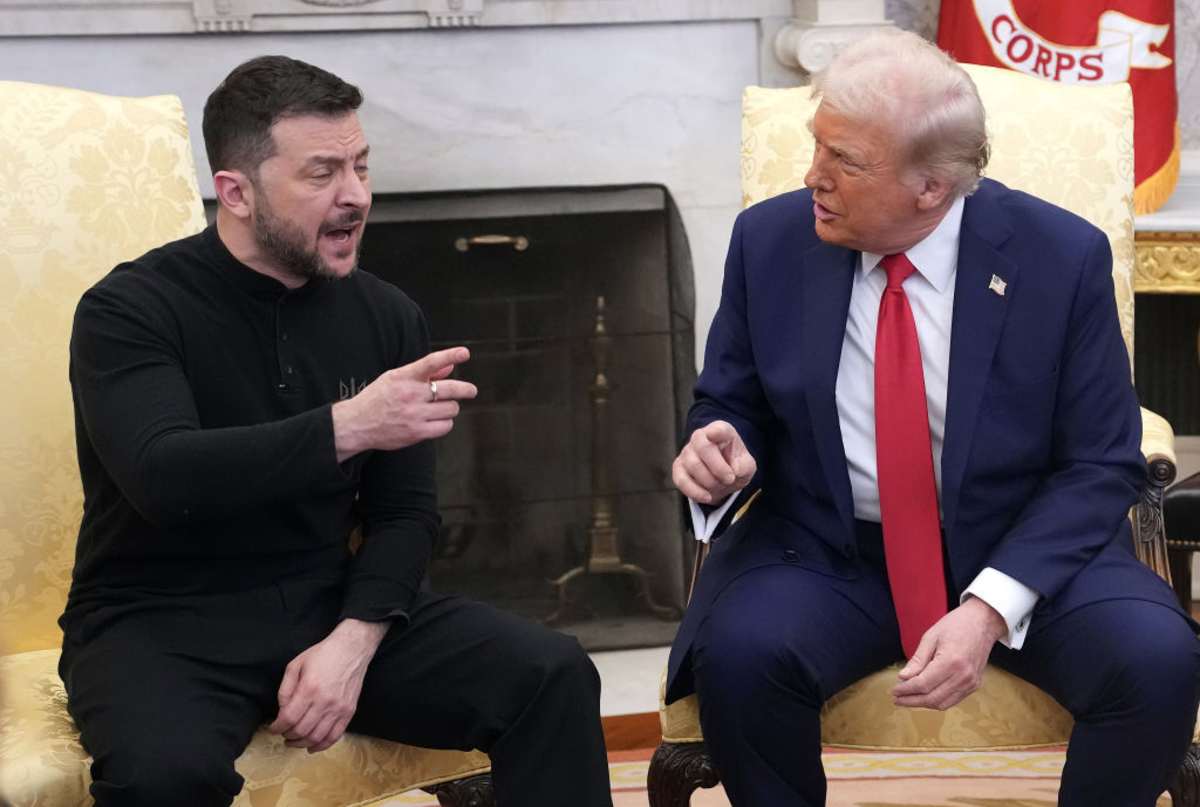
Former US Ambassador to Russia Michael McFaul and several other critics have slammed Witkoff, for delivering conflicting accounts of Vladimir Putin’s proposed terms for a Ukraine ceasefire.
Michael McFaul, now a professor at Stanford University, called the handling of the talks "deeply damaging incompetence."
"This is deeply damaging incompetence. Witkoff should finally start taking a note taker from the U.S. embassy for future meetings. That's how professional diplomacy works."
This is deeply damaging incompetence. Witkoff should finally start taking a notetaker from the U.S. embassy for future meetings. That's how professional diplomacy works. https://t.co/b22XtGXZFH
— Michael McFaul (@McFaul) August 9, 2025
Other critics echoed McFaul’s concerns. Journalist Michael Weiss labeled Witkoff “grossly incompetent.” "The U.S. envoy is grossly incompetent and his confusion is causing diplomatic crises."
Russian opposition figure and chess grandmaster Garry Kasparov accused Witkoff of serving Trump’s personal interests rather than America’s, arguing that his appointment was based on loyalty rather than expertise.
"Like so most of Trump's appointees, Witkoff's only qualification is that Trump is sure he will put Trump's personal interests and desires over American national interests without a second thought. Of course he's incompetent."
Beyond personal criticism, Witkoff’s conflicting statements have sparked wider diplomatic unease. Analysts worry that Putin is effectively setting the agenda for peace talks while Zelensky and European leaders insist that Ukraine must be fully included in any negotiations. They warn that excluding Kyiv risks undermining the legitimacy and success of any ceasefire efforts.

